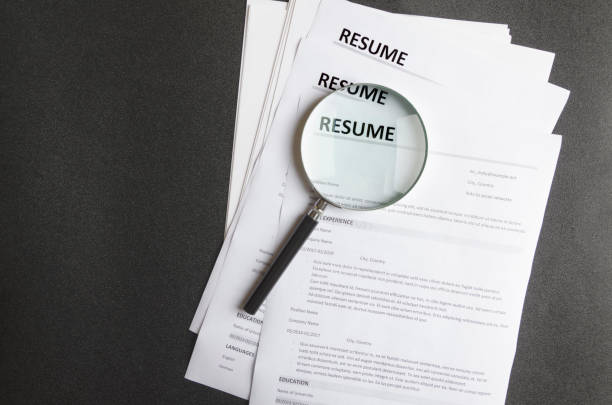You may think your felon resume is an automatic disqualification for interviews, but that is not true. Inasmuch as there is tough competition in the job market, you can still stand out. All you need to do is to follow the instructions you will find here as you read on.
Do you need to mention your criminal record?
This question has been a source of confusion for a long time, as an estimated 70 million Americans have a criminal record to their name.
Those who speak against adding your criminal record to your resume say that it ensures automatic disqualification. While those who say your felon resume should have it insist on honesty being the best policy. So what should a person with a criminal record do?
You must address your criminal record
This is what is most important and non-negotiable. You need to be honest about it to your employer because they will find out anyway.
State laws and the public have already started lessening the stigma placed on felons. So, if you lie about it in your resume or refuse to mention it in your interview, you’ll appear trustworthy. And this is what will ensure disqualification.
In your resume, you do not have to state that you have been convicted of a felony. This is something to address when you get called for an interview, so you don’t need to announce it in your resume.
When you include your criminal record in your resume, the organization, no matter how unbiased, will most likely sideline you. This does not make them bad because it is just out of impulse most of the time.
So what you should focus on, even for a felon resume, is how to sell your abilities and qualifications. Let them see your good sides and get compelled to invite you for an interview.
Everything on your resume should 100 percent true
You don’t have to include your felony charge in your resume, but do not lie about it either. You must maintain 100% honestly in your resume and resist every urge to exaggerate in order to appear more employable.
Do not falsify anything concerning certifications or qualifications. Employers do fact-check, so just imagine how bad you’ll look when you are outed as a lair.
It is this honesty in your resume that will show that you have employment gaps in your life. When employers see that, they will want to know why — this is the time to talk about your criminal record.
Put your best foot forward
This simply means that you should sell yourself with all the best parts of yourself. When this is done properly, it will reduce the focus employers will have on your felony record.
All the admirable things you’ve done with your life since you got out of prison should be in your resume. If you got a degree, learned a skill, earned certifications, volunteered to help a cause in any way — state it.
Don’t forget to use the reverse timeline method when writing about your experiences. This will make employers focus on your present state and see how much you can do for them.
If you have gathered a lot of skills or done different courses that make you more qualified for the role you are applying for, state them under organizational skills in your resume.
While you were locked away, there is a high chance that you were involved in one or two training exercises. Mention them in your resume and use them to show how well you made your life after you got released. This is a good way to sell yourself as a determined person who makes the best of every situation.
Do not name the prison as your employer or trainer while you were doing time, it could trigger stigma. Use the state in which you had the experience, this will make you more appealing while still being completely honest.
Another important thing to note in your resume is that when you include these qualifiable experiences that happened in prison, you will find it easier to talk about the employment pay gap.
Apart from just saying you were convicted, you’ll give good details of what you did with the time. And this will help you show the employers that everyone deserves a second chance.
Be careful with words in your resume
While revamping your resume after you have served your time, you should never use certain words. Any word that will make employers judge you before meeting you should have no place in your resume.
Words like prison, jail, convicted, felony, criminal record, arrested, and any other words that look like them should be avoided. Yes, you have been arrested and convicted, but the right time to say it at the interview.
If you use judgmental words, you may get disqualified before they even finish reading your resume. Let them see you and judge you face-to-face at the interview where you have some control of the narrative.
Have someone else look at your resume before you submit it
Even the best writers always ask for review before they submit something important. So let your friends, family members, and other people that know things about resumes help you cross-check before submitting.
You’ll get a job in no time as long as you stay honest and succinctly sell yourself in the resume.



